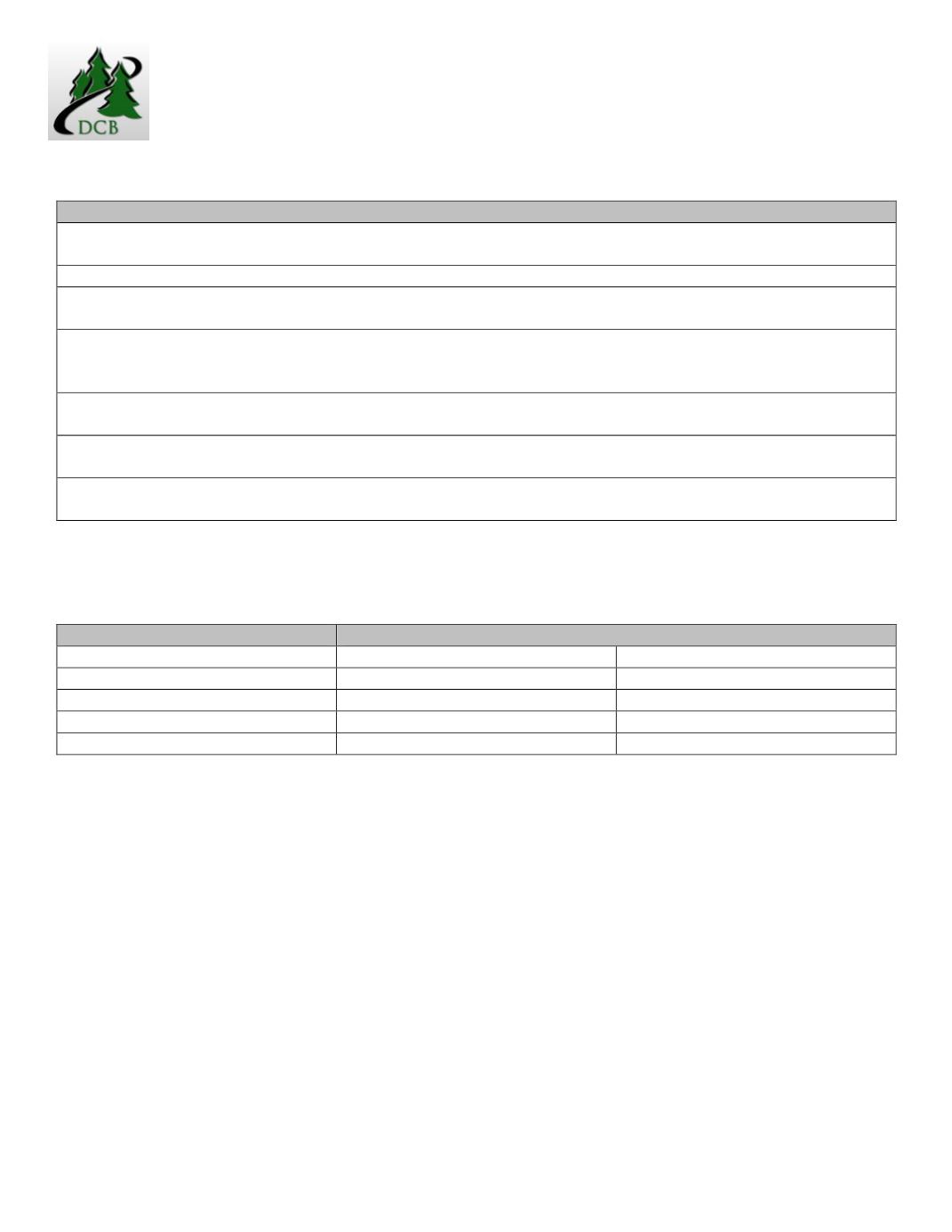

SPED110 Introduction to Exceptional Children
Tanya Tanya R. Mooney,
M.Ed.
2013 Spring 2017
Dakota College at Bottineau
Course Requirements:
Description of Assignment/Assessment
Forums, Activities & Quizzes:
Serves as practice opportunity for course objectives and formative assessment on
material learned, as well as encourages peer interaction within the online shell. Activities vary from week to week.
Family Resource List:
Students will compile a list of resources relevant to families with children with special needs.
Case Law Review:
Students will examine and reflect upon special education case law and determine how it is applied
to today’s teaching.
Inclusion Passport:
Students will create a passport for a student with a disability. The passport will include a
description of how the student’s disability affects learning, learning needs and strategies, goals as well as a summary
of provisions offered by the school to meet the pupil’s needs.
Communication Project:
Students will develop a communication device for a student without verbal language, write a
brief summary of the project, and present it to the class.
Videos:
Films will be posted in online shell to allow students a more in-depth understanding of some of the
disabilities. Students will be expected to watch the films and respond to the material.
Assessments:
There will be two assessments. One is a traditional assessment (short answer, multiple choice etc…) and
the other is a case study assessment (open book).
Grades:
Grades are earned through points and converted into a percentage. Percentages are calculated by dividing the
total points earned by the total points possible. Grades are assigned to percentages as follows:
Percent
Grade
90-100%
A
Target
80-89%
B
Acceptable-high
70-79%
C
Acceptable-low
61-70%
D
Unacceptable
0-59%
F
Unacceptable
Academic and Institution Policies:
Academic Integrity
The academic community is operated on the basis of honesty, integrity and fair play. It is the expectation that all
students, as members of the college community, adhere to the highest levels of academic integrity. This means that
students are responsible for submitting their own work. Student work must not be plagiarized. Students must not
cooperate on oral or written examinations or work together one valuated assignments without authorization. Students
should have high ethical standards and conduct themselves in an appropriate manner.
View the Plagiarism Tutorial-Pearson Education to learn more about plagiarism, citing sources, etc.


















